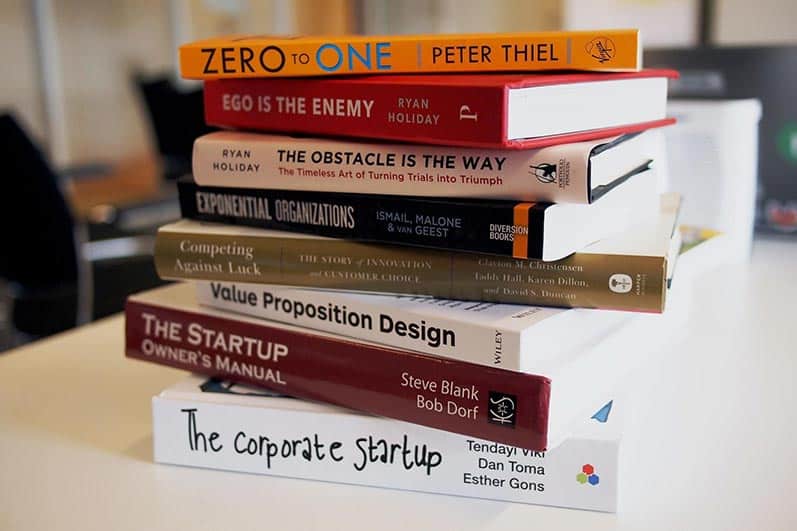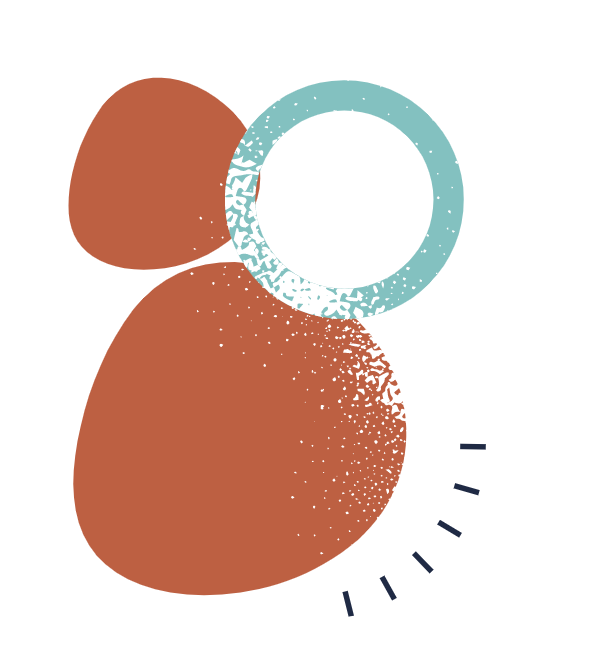Categories:
Indie Publishing Vs. Self-Publishing: What is The Difference?

Self-publishing is often the umbrella that is held over two sorts of publishing: self-publishing and indie publishing. Both are great options for folks who want to get a book out on their own schedule, without having to spend loads of time querying agents or traditional publishing houses. The difference in indie publishing vs self-publishing is in the approach.
Which Is Better Self-publishing Or Traditional?
A self-published book is 100% curated by the author, from beginning to end. It can cost anywhere from $0.00 to $1,500 or more to do it yourself, and this includes any software you might be using, any help you might hire to outsource certain aspects of your book’s development, and the distribution.
Everything is on your schedule and you can really save on costs, spending only on what you absolutely need. If you have some design skills or can format a book for digital publishing, you might save money on those services. If you can create your own website, that’s one less thing you’ll be billed for.

Is Self Publishing worth it?
It’s cool to self-publish when you’ve got the time and patience for the processIt’s cool to self-publish when you’ve got the time and patience for the process. It isn’t just writing a book and looking for a few freelancers – the actual process can take years (this is the same for any publishing option, by the way). So removing the time spent querying agents and publishers and actually getting your book out there is one of the main reasons authors choose this option. Using services like Palmetto Publishing to get your book out there is all part of the independent or self-publishing process because you are paying for it upfront.
Did we just use both independent (“indie”) and self-publishing in the same sentence, as if they’re the same thing? The stigma attached to self-publishing work rather than the validation of being traditionally published, as well as the belief that everyone deserves a seat at the table has led many to essentially rebrand as independent authors.
Sometimes, authors have great ideas that aren’t deemed marketable by the big publishers, and that can be very frustrating. But indie publishing offers authors an opportunity to get ahead of a new trend or to publish something that they feel is important.
There are different services and platforms to appeal to these different groups, so as usual, it’s up to you, the author, to decide whether indie publishing vs self-publishing is for you. The indie author is intimately aware of the fact that they are at the heart of everything that happens with their book, and they’re calling all the shots, even though they’ve hired out services to assist in the publishing of the said book.

What Is Indie Publishing?
Indie publishing, a term that might confound those who are doing their research, can also mean that you’re publishing your book with a small press while maintaining full creative control over your work. At first, it sounds very similar to self-publishing, but the difference is that you’re not footing the bill upfront if you’re working with an indie publisher.
An indie publisher is a small publishing house, sometimes so small they’re called micro publishers, that usually specialize in one particular genre or a niche market. It’s a nice in-between option with more freedom than working with a much larger publishing house. But it’s good to know most indie publishers will require the authors to buy books and pay for marketing.
Final Verdict: Should I Pay A Publisher To Publish My Book?
In all cases, you retain the rights to your work, and royalty rates are generally higher than the average traditionally published author. Self-publishing is often associated with poorer quality, but today authors have so many great options for help with their choices that it really isn’t the case. In either case, Palmetto Publishing is here to help make your book a reality – contact us today to get started!
Related Articles

Blog
Different Types of Book Genres
Stroll down the aisles of your local bookstore or library, and you’ll find books neatly sorted into dozens of genres like fantasy, romance, and…

Blog
7 Steps to Writing a Great Book Proposal
So you wrote a book — now what? Writing a manuscript is a huge accomplishment, of which you should be proud. However, now that…

Blog
Self-Publishing vs. Traditional Publishing
Publishing a book might feel daunting. From editing to book layout and cover design, it’s a long journey. But it’s a journey every author…

